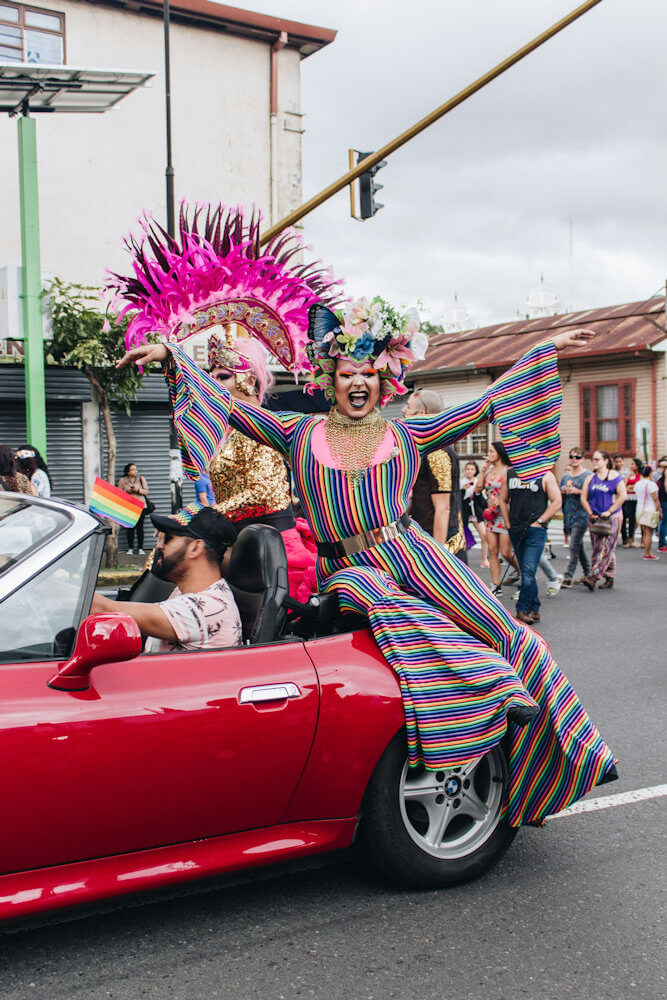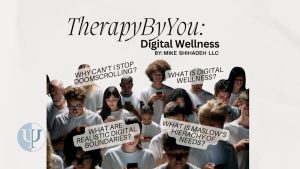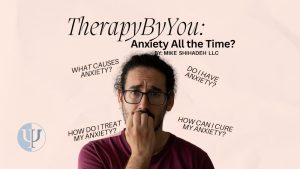Key Takeaways
- Queer counseling provides a safe, affirming space for LGBTQ+ individuals to explore their mental health.
- LGBTQ+ therapists are trained to understand and support the unique challenges faced by queer and trans clients.
- Affirming therapy helps address internalized shame and builds self-acceptance.
- Intersectionality is crucial in queer counseling, recognizing how multiple identities shape experiences.
- Everyone deserves therapy that celebrates their full identity.
Feeling Safe in Therapy Matters
Starting therapy can feel scary—especially if you’re part of the LGBTQ+ community. You might wonder, Will this therapist understand me? Will I have to explain myself, again and again? Will I be judged? These are real worries, and you’re not alone in them.
That’s where queer counseling comes in.
Queer counseling (also called LGBTQ+ affirmative therapy) is a type of therapy that makes LGBTQ+ people feel truly seen, safe, and supported. It’s led by therapists who are trained—or personally experienced—in working with queer, trans, and gender-diverse clients. These therapists are aware of potential triggers and micro aggressions society at large may not be aware of, they work with the client to create a space where you don’t have to hide who you are. In fact, your identity is welcomed and celebrated.
Ready to Experience Affirming Therapy?
In this article, we’ll walk you through:
- What queer counseling actually is
- What LGBTQ+ therapists do
- Why affirming therapy matters so much
- How intersecting identities (like race, gender, or religion) affect queer mental health specifically
What Is Queer Counseling
Queer counseling is therapy that affirms LGBTQ+ identities—and that affirmation isn’t just lip service. It’s an approach to therapy that says, “There’s nothing wrong with you.” In queer counseling, your gender, sexuality, and identity are not problems to fix. They are respected parts of who you are.
You might also hear it called LGBTQ+ affirming therapy. That means the therapist not only accepts LGBTQ+ people—they actively support and celebrate you. This includes things like:

- Using your correct name and pronouns without hesitation
- Not assuming your relationships follow traditional norms
- Asking about your experiences with care and openness
- Making the therapy space visibly inclusive (like having a rainbow sticker or safe space sign)
Most importantly, queer counseling creates room for you to talk freely. That could mean exploring anxiety, coming out, family dynamics, gender euphoria, or anything else on your mind, without pressuring you either way. You don’t have to teach your therapist LGBTQ+ 101 while you’re trying to heal. They already get it—or they’re open enough to learn with humility and curiosity.
This kind of therapy can be especially powerful for people who’ve felt silenced or pathologized in the past. In queer counseling, your story is valid. Your identity is not up for debate. And your mental health is prioritized, with compassion and care (Lyra Health, 2023).
“Hope will never be silent.” – Harvey Milk
In queer counseling, your hopes, fears, and questions are invited to speak—and they’re taken seriously.
What Do LGBTQ+ Therapists Actually Do?
LGBTQ+ therapists support their clients much like any other good therapist does—they listen, they validate, and they help you grow. But what makes them stand out is their understanding of queer and trans experiences, and their commitment to affirmation.
Safe & Inclusive Space
Identity Validation
Understanding Challenges
Honoring Intersectionality
Did You Know?
Why Affirming Therapy Matters
Affirming therapy isn’t just helpful—it’s essential. Especially when we consider how mental health systems have historically treated queer and trans people.
"The greatest healing therapy is friendship and love."
- Hubert H. Humphrey
For decades, LGBTQ+ identities were pathologized. Homosexuality was considered a mental illness until 1973. Trans identities have been misunderstood, misdiagnosed, and often treated as problems to be “fixed.” Some people were subjected to harmful practices like conversion therapy, which tried to erase their identities altogether. These experiences weren’t just ineffective—they were traumatic (HRC, 2017).
Queer-affirming therapy is the answer to that harm. It recognizes the strength, resilience, and dignity of LGBTQ+ people and says: You are not broken.
Affirming therapy validates your experiences and hesitancies, especially in a world that sometimes tells you otherwise. It helps you unpack internalized shame and build self-acceptance. It also provides tools to navigate minority stress—the additional stress that comes from living in a society that still holds bias (Tava Health, 2024).
When your therapist is affirming, you don’t have to scan the room for safety. You get to show up fully. You get to heal without editing who you are.
That’s not just important. It’s revolutionary.
How Intersectionality Shapes Queer Mental Health
Everyone’s experience in therapy is different. That’s especially true if you live at the intersection of multiple identities—race, religion, disability, immigration status, gender, sexuality. Intersectionality is the term for how these layered identities affect our experiences in the world.
For example: a Black trans woman may face racism, transphobia, and sexism—all at once. A nonbinary Muslim person might struggle to reconcile faith and identity in ways that others may not understand. These overlapping challenges shape how safe or seen we feel—not just in society, but in therapy too.
An affirming therapist doesn’t just focus on one part of you. They hold space for all of you. They ask questions like: What has your community taught you about identity? or How does your background shape your sense of belonging? These aren’t just surface-level questions—they’re part of building trust and personalized care.
Importantly, intersectionality also reveals resilience. Many people draw strength from their cultural, religious, or activist communities. A good therapist helps you tap into those strengths—not dismiss them. They’ll support you in navigating complex systems and in finding pride in your full, nuanced identity (East Coast Mental Wellness, 2024).
Affirming therapists know that “one-size-fits-all” therapy doesn’t work. Intersectionality reminds us: healing isn’t about fitting in—it’s about being fully seen.
You Deserve to Be Seen and Supported
Therapy can be a lifeline—but only when it feels safe, affirming, and inclusive. Queer counseling meets you exactly where you are. It’s a space where you don’t have to explain your existence or fear judgment. It’s where your full self is not only allowed—it’s welcomed.
The truth is: you deserve that kind of care. You deserve a therapist who respects your identity, understands your world, and believes in your capacity to grow and heal.
If you’re considering therapy, know this—affirming support is out there. You don’t have to settle for anything less.
You are worthy of care. You are not alone. And healing is possible.
Ready to Start Your Healing Journey?
FAQs: Common Questions About Queer Counseling
Queer counseling is therapy that affirms LGBTQ+ identities and provides a safe, supportive space to explore your mental health, relationships, and identity.
Affirming therapy recognizes LGBTQ+ identities as valid and central to your care. You don't have to educate your therapist—they already understand the landscape or are committed to learning with respect.
Yes! It can help with anxiety, depression, trauma, relationships, and more. Your therapist supports your full experience—not just your identity.
Absolutely. In fact, it's encouraged. A good therapist will be happy to share how they work and what kind of clients they specialize in supporting.
You can search directories like Psychology Today (filtering for LGBTQ+ affirming therapists), check LGBTQ+ community centers, or ask trusted friends for referrals.
Works Cited
- East Coast Mental Wellness. (2024). Intersectionality and Mental Health: How Race, Gender Identity, and Sexual Orientation Impact LGBTQ Mental Health Challenges.
- HRC. (2017). #FlashbackFriday: Today in 1973, the APA Removed Homosexuality from List of Mental Illnesses.
- Lyra Health. (2023). How Affirmative Therapy Supports the LGBTQIA+ Community.
- Tava Health. (2024). Supporting LGBTQ+ Clients: A Guide for Therapists.
- Vantage Point Counseling. (2025). Your Story Matters: The Benefits of LGBTQ+ Affirmative Therapy.




